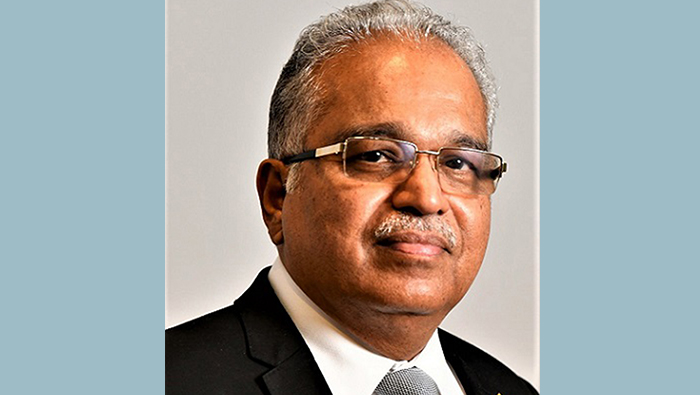
Muscat: “History shows that fraudsters exploit calamity. We saw it happen in the aftermath of the 2008 financial crisis, and all signs indicate that it will happen again,” said Davis Kallukaran, President of the Association of Certified Fraud Examiners (ACFE) Oman Chapter.
He was speaking on the occasion of the release of ACFE’s recently published The 2020 Report to the Nations. Kallukaran who is also the founding Chairman of The Institute of Chartered Accountants of India Muscat Chapter said that in his 35 years of audit and tax practice, this is the toughest and critical phase of his career. Davis is the managing partner of the audit and tax advisory firm CROWE Oman.
According to a recent study of anti-fraud professionals, businesses are already seeing a steep rise in scams related to COVID-19. The ripple effects of COVID-19 will undoubtedly have a significant impact on your business practices, and it is critical that you take proactive steps to protect your organisation against fraud. Because it’s not a question of if you will see more fraud, but when and how much you will see in the months and years to come. In addition to fraudsters taking advantage of this pandemic in the short term, we expect several long-lasting implications from the related economic downturn. There are several reasons fraud proliferates during recessions and times of economic instability, creating what the Association of Certified Fraud Examiners calls “a perfect storm for fraud.”
The Fraud Triangle, a commonly used anti-fraud framework, states that three factors generally must be present for a person to begin committing occupational fraud — pressure, opportunity and rationalization. In times of economic crisis, personal financial pressures of employees tend to rise. This may create an incentive for them to steal from your organization. Opportunity to commit fraud may also increase. We see this occur when companies scale back staffing or relax controls as they make financial or operational changes.
ACFE’s “The 2020 Report to the Nations covered a study of 2,504 cases in 125 countries across the 6 continents causing a total loss of $3.6 billion. The study shows that a typical organisation loses 5 per cent of its revenue to fraud and abuse, with an average loss of $1.5 million for a single fraud case. Organisations that fail to invest in internal controls have significantly higher fraud losses and take longer to detect frauds than those that have targeted anti-fraud measures in place. And more than half of all occupational frauds occur because of an internal control deficiency. "As your organisation navigates the new business environment in the wake of COVID-19, removing components of your anti-fraud programmes will likely cost you more money than it saves. Now is the time to bolster your company’s anti-fraud controls and ensure you have the tools and support you need to weather this inevitable storm," Davis stated.